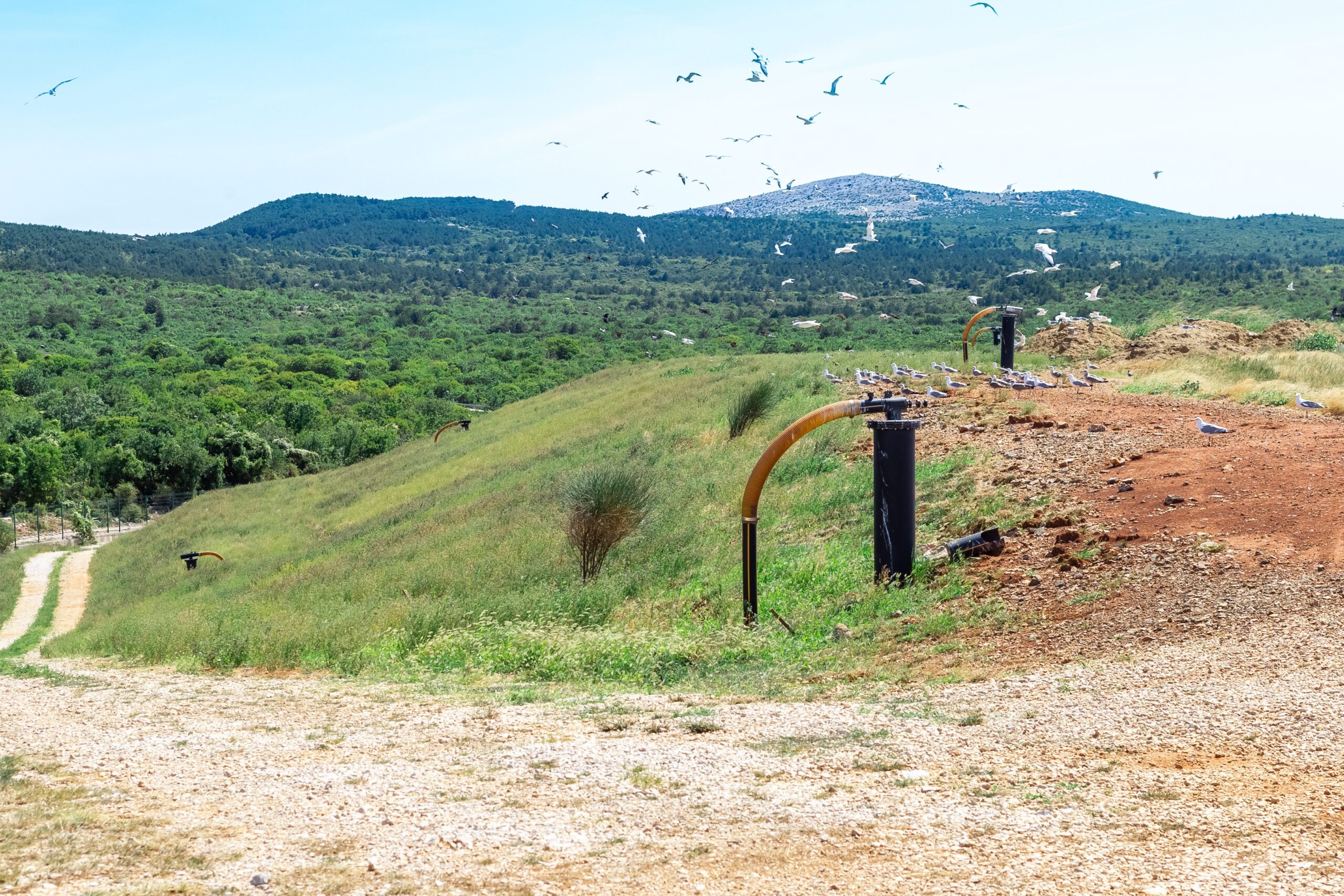Developing High-Yield and Resilient Anaerobic Co-Digestion of Alternative Wastes
Investigator: North Carolina State University
Start Date: October 1, 2018
Award Amount: $155,000
Anaerobic digestion (AD) or co-digestion of alternative wastes (food waste, grease interceptor waste) provides the dual benefits of enabling the sustainable production of energy while providing an alternative disposal option for these ubiquitous wastes. The key to economically feasible AD of food wastes is maintaining high and stable methane yields under various loading and substrate conditions. However, the interactions between substrate variability (different food wastes, loading) and microbial community adaptations are not known, even though these directly impact start-up, loading rates, methane yields and process resilience and resistance. This is an important issue in full scale operation, since the collected food waste can vary in type, strength and characteristics on a seasonal, daily or per load basis.
The overall objective of this project is to develop optimal operation of anaerobic digestion of food waste, particularly to increase methane yields, and process resilience and resistance to varying waste types and loads. This will lead to operational procedures that can be used in full-scale implementation of AD of food wastes by municipal utilities and industry.
The specific objectives are to:
- Develop an operational procedure for producing a high yield yet resilient/resistant anaerobic digestion system that can be used in full scale applications
- Determine the highest yields for dry digestion and co-digestion of various types of food wastes and grease interceptor waste
This project is complete. View the final Grant Report here.



